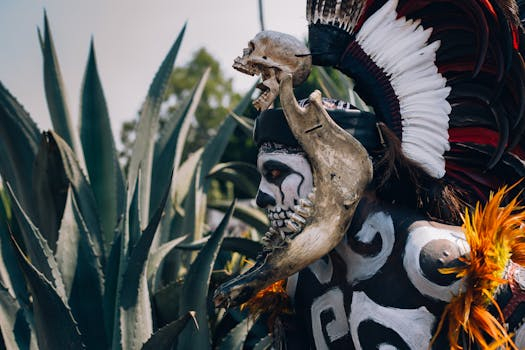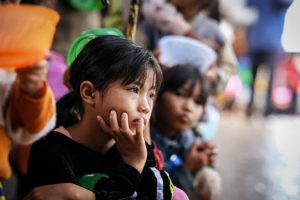Cultural Appropriation and IP: Protecting Indigenous Knowledge
Cultural appropriation has garnered widespread attention in recent years, sparking debates and conversations around the appropriation of indigenous knowledge and cultural expressions by dominant cultures. This phenomenon refers to the adoption or use of elements of a minority culture by members of a dominant culture without proper acknowledgment or permission. The growth and accessibility of technology and the internet have made it easier for this appropriation to occur, raising concerns about its impact on the protection of indigenous knowledge and intellectual property (IP). In this article, we will explore the concept of cultural appropriation and its implications for indigenous knowledge and IP, as well as discuss measures that can be taken to protect and preserve traditional cultures.
Cultural appropriation has a long history, with examples ranging from fashion trends to music and art. However, it is particularly problematic when it involves indigenous cultures, whose knowledge and practices have been marginalized and exploited for centuries. The appropriation of indigenous knowledge is a violation of their intellectual property rights, as it involves the unauthorized use of their traditional knowledge and cultural expressions. This not only undermines the autonomy and self-determination of indigenous communities but also perpetuates the erasure of their cultures and traditions.
One of the major challenges in protecting indigenous knowledge from cultural appropriation is the lack of legal recognition and protection. Most IP laws are based on Western concepts, making it difficult for traditional knowledge and cultural expressions to fit into existing intellectual property frameworks. This has left indigenous communities vulnerable to misappropriation and exploitation of their cultural heritage. In response to this, countries such as New Zealand and India have implemented sui generis laws, specifically designed to protect traditional knowledge and cultural expressions. However, there is still a need for a more comprehensive international framework to safeguard indigenous knowledge globally.
Another factor that contributes to the vulnerability of indigenous knowledge to cultural appropriation is the lack of control over its dissemination. With the growth of the internet and globalization, traditional knowledge can be easily accessed and shared, making it even more susceptible to appropriation. This raises concerns about the ownership and control of their cultural heritage, as well as the commercial exploitation of their knowledge without their consent. The unauthorized use of indigenous knowledge in industries such as pharmaceuticals, agriculture, and fashion, not only undermines the rights of indigenous communities but also deprives them of the economic benefits that could be generated from their knowledge.
The impacts of cultural appropriation on indigenous communities go beyond the violation of their IP rights. It also has a detrimental effect on the preservation and safeguarding of their cultures. As elements of indigenous knowledge are appropriated and commercialized, their cultural significance and practices are diluted and distorted. This leads to the loss of cultural identity and the erasure of centuries-old traditional knowledge, practices, and beliefs. This not only affects the indigenous communities but also the wider society, as it contributes to the homogenization of cultures and the loss of diversity.
However, there are measures that can be taken to protect and preserve indigenous knowledge and cultural expressions. Education and awareness-raising initiatives can help to inform the public about the importance of respecting and acknowledging traditional knowledge and the negative impacts of cultural appropriation. This can be done in collaboration with indigenous communities, ensuring that their voices are heard and their perspectives are included in the conversation. In addition, the development of international legal frameworks for the protection of traditional knowledge and cultural expressions can help to prevent and address cultural appropriation at a global level.
In conclusion, cultural appropriation poses a significant threat to the preservation and protection of indigenous knowledge and cultural expressions. It not only violates the rights of indigenous communities but also contributes to the loss of diverse cultures and traditions. To address this issue, it is crucial to raise awareness and take concrete measures to protect and preserve indigenous knowledge. This requires collaboration and cooperation between indigenous communities, governments, and the wider society to ensure that traditional knowledge is respected and safeguarded for future generations.










